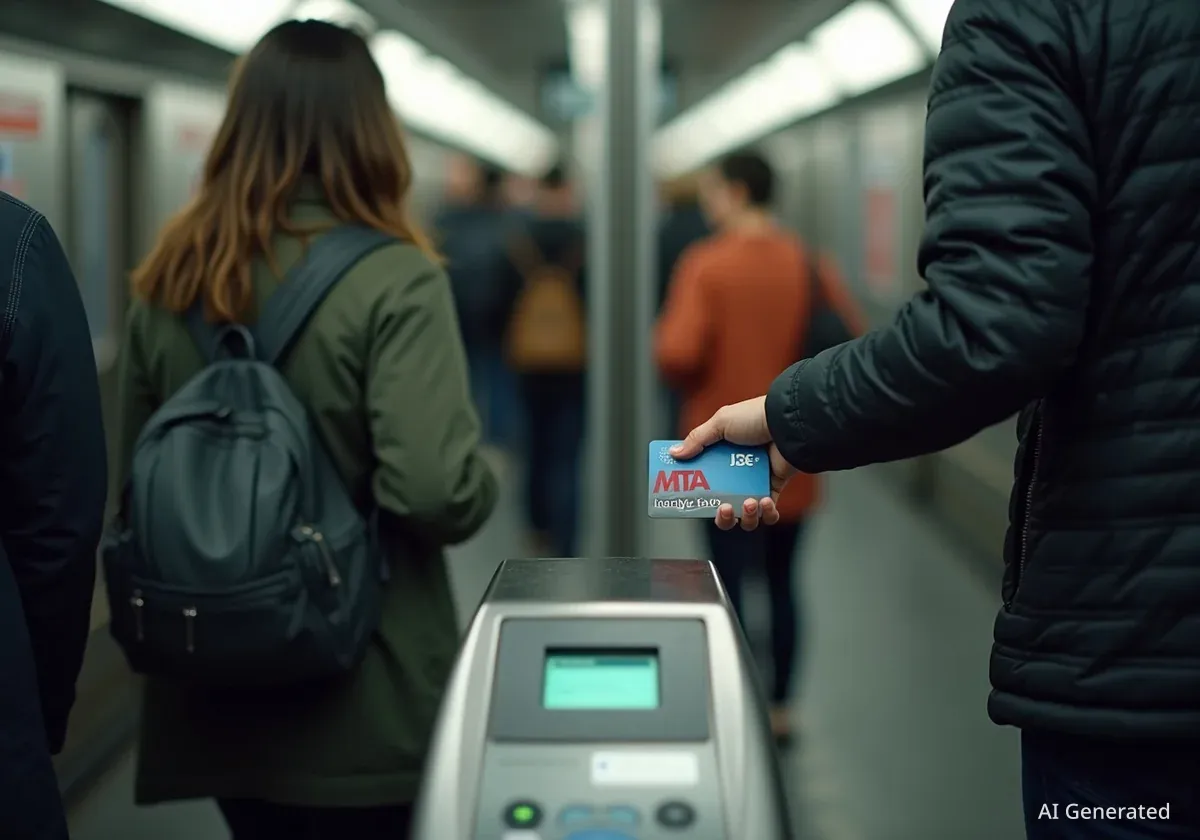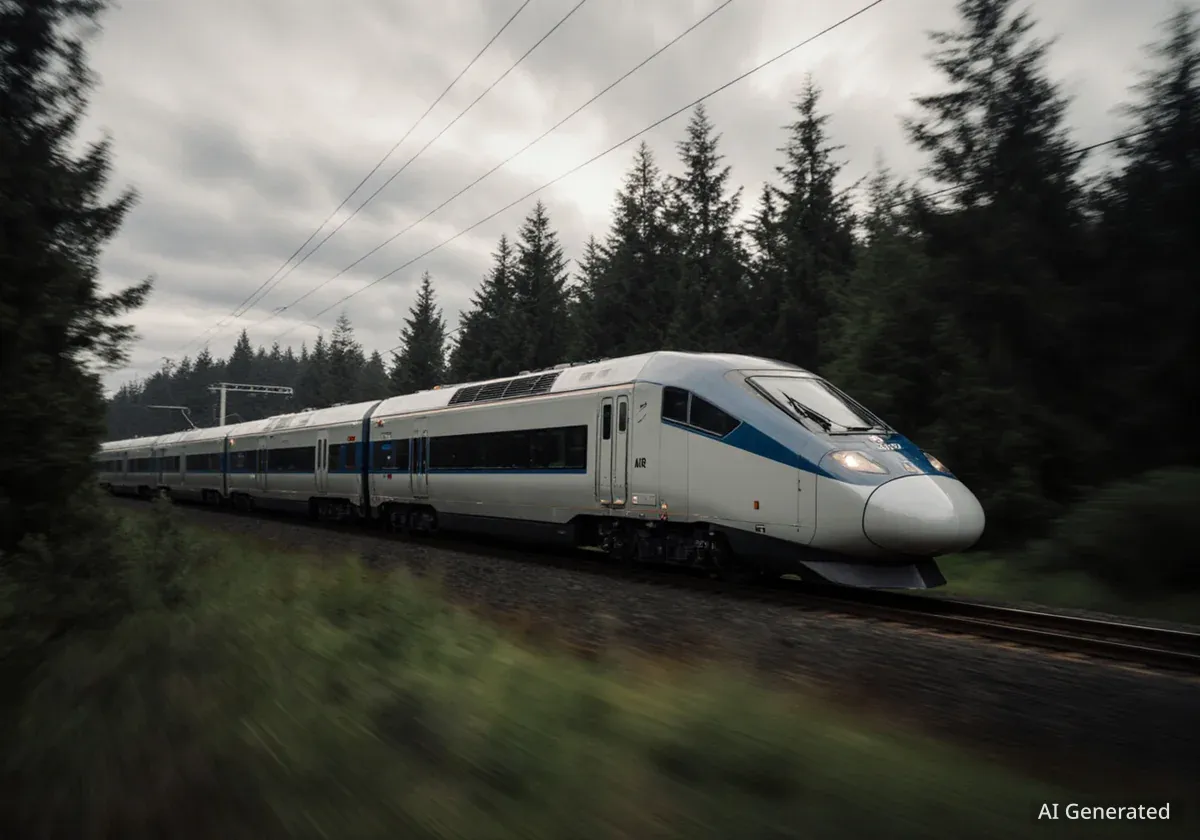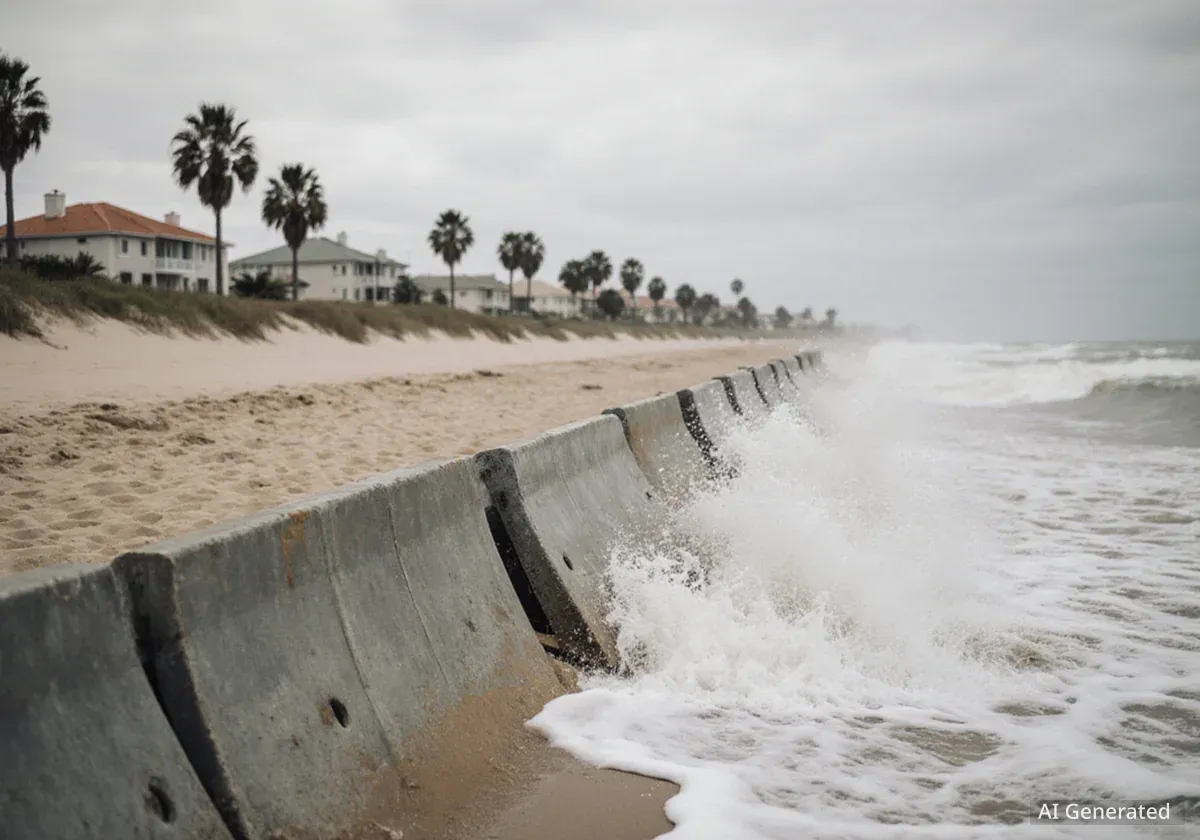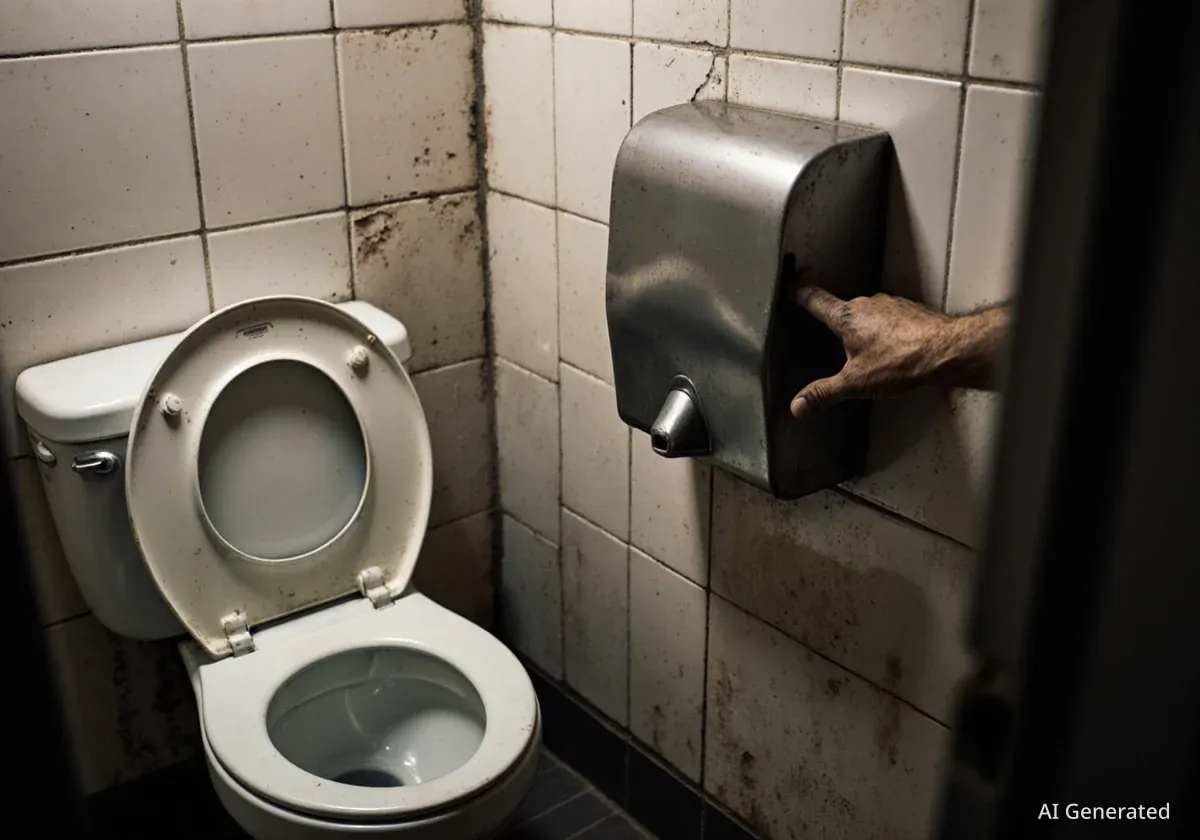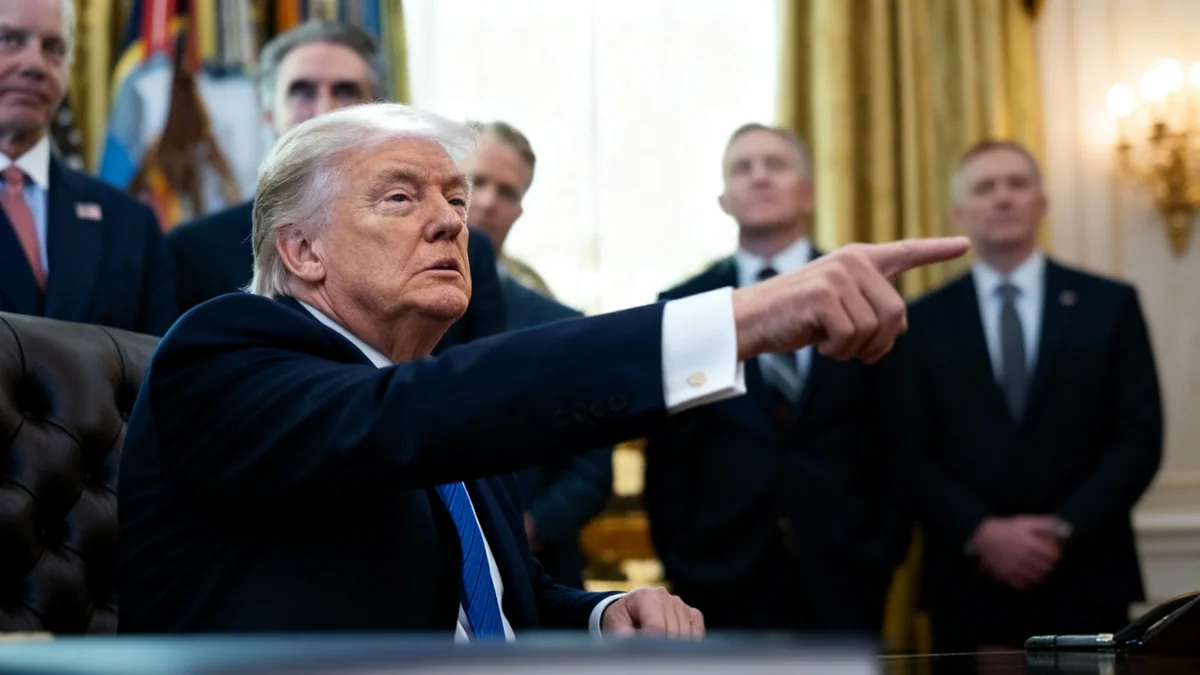The Metropolitan Transportation Authority (MTA) has adjusted some of its planned fare increases for January, following extensive feedback from riders, advocacy groups, and elected officials. The agency received over 1,300 comments during a six-week period. These revisions aim to lessen the financial impact on daily commuters while still addressing the MTA's operational needs.
Key Takeaways
- Seven-day unlimited pass cap increase reduced from $36 to $35.
- Single subway/bus fare still rising to $3 from $2.90.
- Commuter rail tickets now valid until 4 a.m. the next day, replacing four-hour expiration.
- Family Fare program expanded to include children up to age 17 and available all week.
- Proposed 4.4% increase for Metro-North West of Hudson service canceled.
Changes to Unlimited MetroCard and Single Fares
One of the most significant changes involves the seven-day unlimited MetroCard cap. Initially, the MTA proposed raising this cap to $36. However, after reviewing public comments, the agency decided to limit the increase to just $1, bringing the new cap to $35. This allows riders who make 12 paid trips within a seven-day period to ride free for the remainder of that week, a key benefit for frequent users.
Despite these adjustments, the cost of a single subway or bus ride is still set to increase. It will rise from the current $2.90 to $3. This change impacts all riders, regardless of how often they use the system.
"The number of public comments we received after the announcement of fare increases in July was four times the number we received during the last fare hike in 2023," an MTA spokesperson stated, highlighting the significant public engagement.
Commuter Rail Ticket Validities Revised
The MTA also modified its plans for Long Island Rail Road (LIRR) and Metro-North tickets. Previously, a four-hour expiration limit was proposed for these tickets. This measure faced considerable opposition from commuters who often experience delays or need more flexible travel times.
Fact: Public Engagement
The MTA received over 1,300 comments on the proposed fare increases, a figure four times higher than the public response to the 2023 fare hike.
In response, the MTA will now allow all LIRR and Metro-North tickets to be usable until 4 a.m. the following day. This revision provides greater flexibility and convenience for passengers, especially those traveling late in the evening or facing unexpected schedule changes.
Expanded Family Fare Program and Service Adjustments
The agency also announced improvements to the "family fare" program for commuter lines. This program permits up to four children to ride for $1 each when accompanied by a fare-paying adult. The age limit for eligible children will be raised from 11 to 17 years old. This change makes the program accessible to a wider range of families.
Furthermore, the family fare discount will now be applicable at any time throughout the week. This is a significant expansion, as the discount previously did not apply to morning rush-hour trains heading into Manhattan. This adjustment allows families more freedom to travel together without peak-hour restrictions.
Background on MTA Fares
The MTA regularly reviews its fare structure to help fund maintenance, operational costs, and ongoing capital projects across its extensive network of subways, buses, and commuter railways. Fare adjustments are a critical component of the agency's financial strategy.
Cancellation of Metro-North West of Hudson Increase
Another important revision involves the Metro-North West of Hudson service. A proposed 4.4% fare increase for lines including the Pascack Valley and Port Jervis lines has been entirely canceled. This decision directly responds to concerns raised by riders and officials in those specific service areas, providing relief to commuters using these routes.
- Pascack Valley Line: No fare increase.
- Port Jervis Line: No fare increase.
- Other Metro-North services: Will still see some adjustments, but not the specific 4.4% hike for West of Hudson lines.
Next Steps: Board Vote on Revised Changes
The MTA's board is scheduled to vote on these revised changes on Tuesday. If approved, these new fare structures and policy adjustments will take effect in January. The public feedback played a crucial role in shaping these final proposals, demonstrating the impact of community engagement on public transportation policy.
The agency's commitment to reviewing public input reflects an effort to balance financial sustainability with rider affordability and service quality. These revisions aim to mitigate some of the financial burden on commuters, particularly families and frequent travelers, while still moving forward with necessary operational funding.

